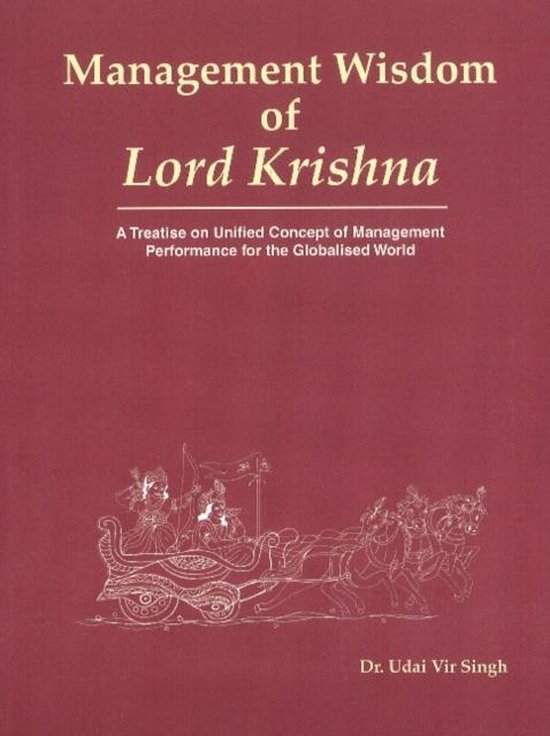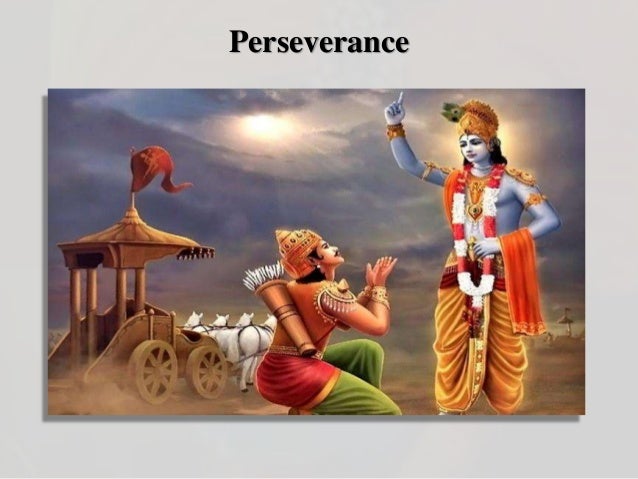Management Wisdom Of Lord Krishna Review

In an era defined by relentless competition and unprecedented uncertainty, the search for effective leadership strategies has intensified. Amidst the clamor for innovative management techniques, a timeless source of wisdom is being revisited: the teachings of Lord Krishna, as interpreted through contemporary management lenses.
This article delves into the enduring relevance and practical application of the "Management Wisdom of Lord Krishna," examining its key principles and assessing its efficacy in the modern business world. The exploration navigates the perspectives of both devout followers and skeptical management professionals, aiming to provide a balanced and insightful understanding of this intriguing intersection of spirituality and leadership.
The Core Principles: Dharma, Karma, and Strategic Vision
At the heart of Krishna's management philosophy lies the concept of Dharma, often translated as righteousness or duty. In a corporate context, this translates into ethical conduct, social responsibility, and a commitment to creating value for all stakeholders.
The principle of Karma underscores the importance of actions and their consequences. This emphasizes accountability, long-term thinking, and the understanding that every decision, however small, can have a ripple effect throughout the organization.
Central to Lord Krishna's strategic acumen is his ability to foresee potential challenges and formulate effective solutions. His counsel to Arjuna on the battlefield of Kurukshetra exemplifies the importance of clear vision, decisive action, and adaptability in the face of adversity.
Applying Krishna's Wisdom to Modern Management
Several modern management gurus have drawn parallels between Lord Krishna's teachings and contemporary leadership theories. The emphasis on ethical leadership resonates with the growing demand for corporate social responsibility, while the focus on strategic vision aligns with the principles of strategic planning and competitive advantage.
One of the key takeaways is the importance of emotional intelligence. Lord Krishna's ability to empathize with Arjuna, understand his fears, and inspire him to fulfill his duty underscores the power of emotional connection in leadership.
Furthermore, the concept of "detached attachment" – performing one's duty without being overly concerned about the outcome – can be applied to managing stress and promoting resilience in the workplace.
Critical Perspectives and Challenges
While the "Management Wisdom of Lord Krishna" offers valuable insights, it is not without its critics. Some argue that applying ancient scriptures to the complexities of modern business can be overly simplistic and may lack empirical validation.
Others raise concerns about cultural appropriation and the potential for misinterpretations. They argue that extracting principles from religious texts without a deep understanding of their cultural context can lead to superficial or even harmful applications.
Additionally, the concept of Dharma can be subjective and open to interpretation, raising questions about whose values and principles should guide corporate decision-making.
Case Studies and Practical Examples
Despite the challenges, several organizations have reportedly adopted principles inspired by Lord Krishna's teachings. While concrete, verifiable case studies are scarce, anecdotal evidence suggests that companies emphasizing ethical leadership, employee empowerment, and stakeholder engagement have experienced positive outcomes.
For instance, some organizations have implemented employee development programs based on the concept of Dharma, helping individuals identify their strengths and align their work with their personal values.
Furthermore, the principle of Karma has been used to promote a culture of accountability and transparency, encouraging employees to take ownership of their actions and learn from their mistakes.
The Future of Spirituality in Management
The exploration of "Management Wisdom of Lord Krishna" reflects a growing interest in integrating spirituality into the workplace. As organizations grapple with complex challenges, they are increasingly seeking alternative sources of wisdom and inspiration.
However, it is crucial to approach this integration with caution and sensitivity. A balanced approach that respects diverse perspectives, avoids cultural appropriation, and focuses on practical application is essential.
Ultimately, the enduring relevance of Lord Krishna's teachings lies in their ability to inspire ethical leadership, strategic thinking, and a deep sense of purpose – qualities that are timeless and essential for success in any era.
The ongoing dialogue between ancient wisdom and modern management practices promises to shape the future of leadership, fostering a more responsible and sustainable business world. Further research and practical experimentation are needed to fully understand the potential and limitations of this intriguing approach.

















